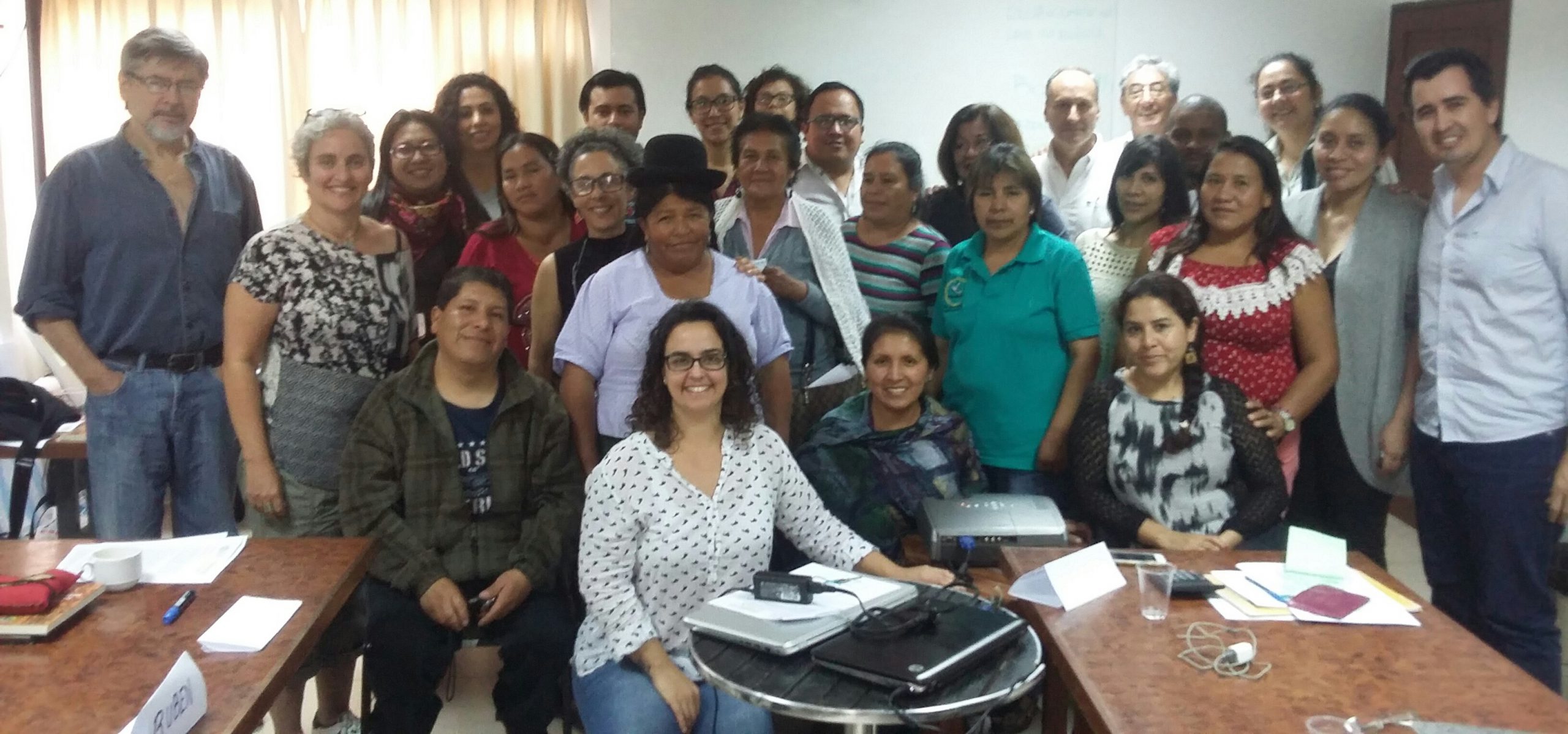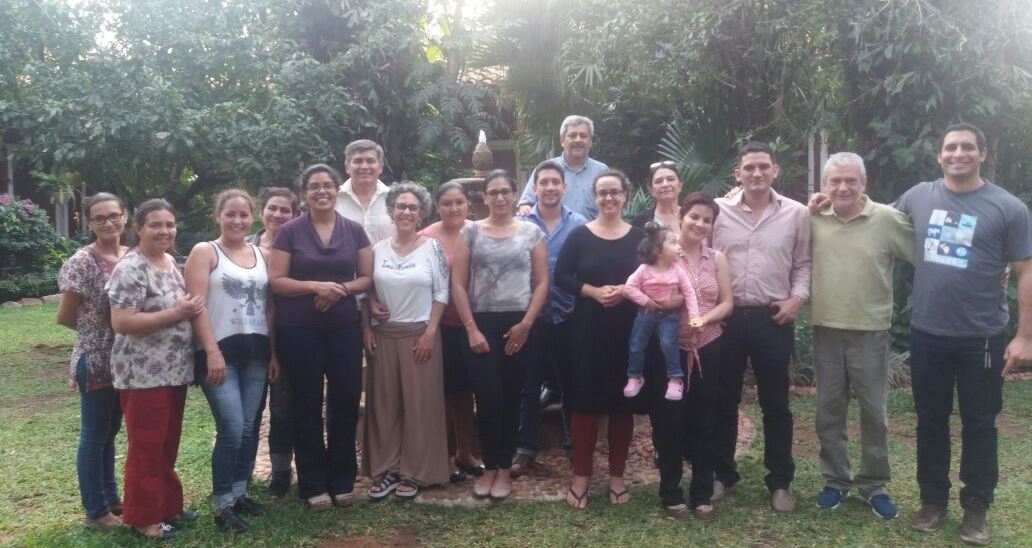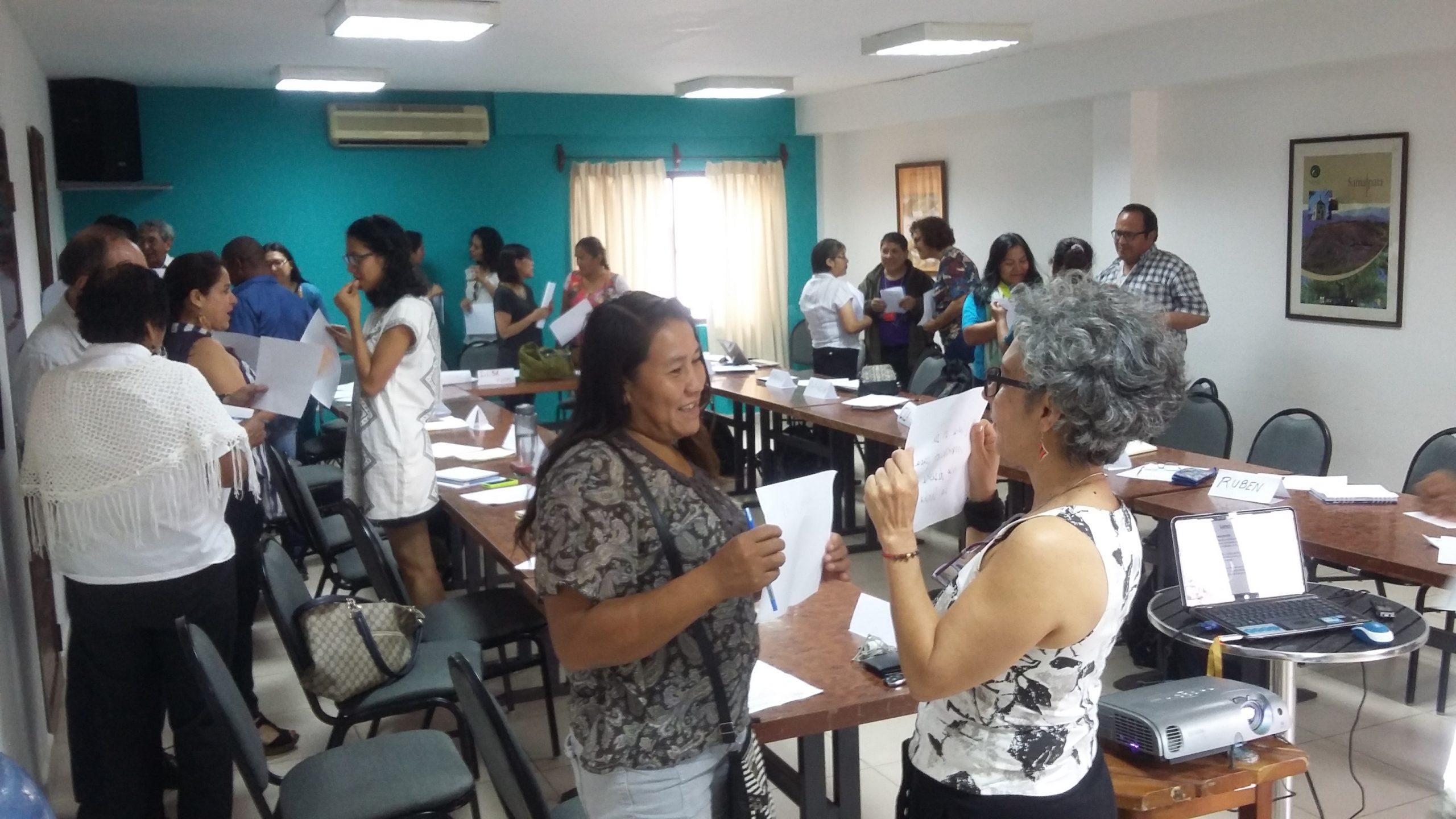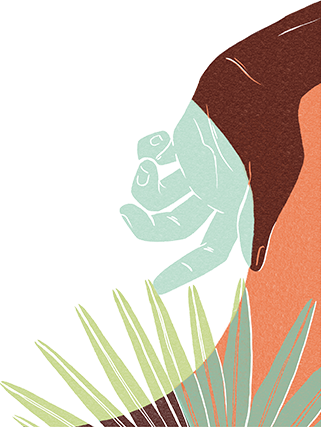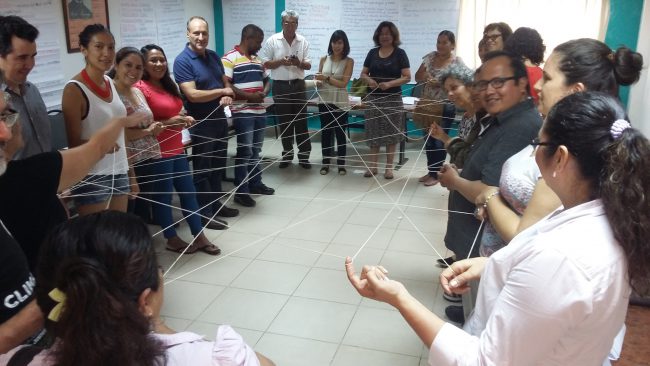 27.10.2017
27.10.2017
Establishing connections to strengthen joint actions
By Vanessa Ourique Purper
CASA Socioenvironmental Fund believes that strengthening the capacities of grassroots groups and integrating the forces of defenders of the great biomes of South America is a very efficient way of moving forward with actions to protect ecosystems and people.
For this reason, whenever it’s possible, we offer spaces for exchange with our grantees. CASA Fund had the honor to organize two exchange and capacity-building meetings for groups that received grants from GAGGA – Global Alliance for Green and Gender Action- in 2016 and 2017, both in Bolivia and in Paraguay.
In Santa Cruz de la Sierra/Bolivia 24 grantees attended the meeting. We’ve had days of intense work, with the objective of learning more, listening, sharing and further expanding knowledge regarding the ways to deal with risky situations to the environment and our health.
In Paraguay, the city that hosted our meeting was Asunción. We invited one representative from each group that received financial support to develop projects that strengthen and unify the agenda of women’s rights and socio environmental justice in the country. The event was attended by 14 grantees.
In these two meetings, our effort was to add more relevant information regarding GAGGA’s objectives, such as the interconnection between the environment and gender equity issues. Another important issue for the Alliance is the positive change that can be achieved at local, regional and national levels of laws and norms in the areas of women’s rights and socio-environmental justice. We also presented content related to ‘networking’, as a source of inspiration and knowledge to strengthen and create the opportunity to unite the forces of our groups involved in creative actions for women’s rights and socioenvironmental justice.
It was very evident the importance of citizen participation to propose initiatives that include the gender perspective in public policies at the municipal level. Gender equity is a key element in the quest to unify and strengthen the agenda for women’s rights and socioenvironmental justice in the contexts of the two countries. One point that is worth highlighting and is common in both Paraguay and Bolivia is that it is perceived that there are many indigenous, urban and peasant women leaders, but there is a lack of specific training regarding the interconnection of gender equity and the environment.
